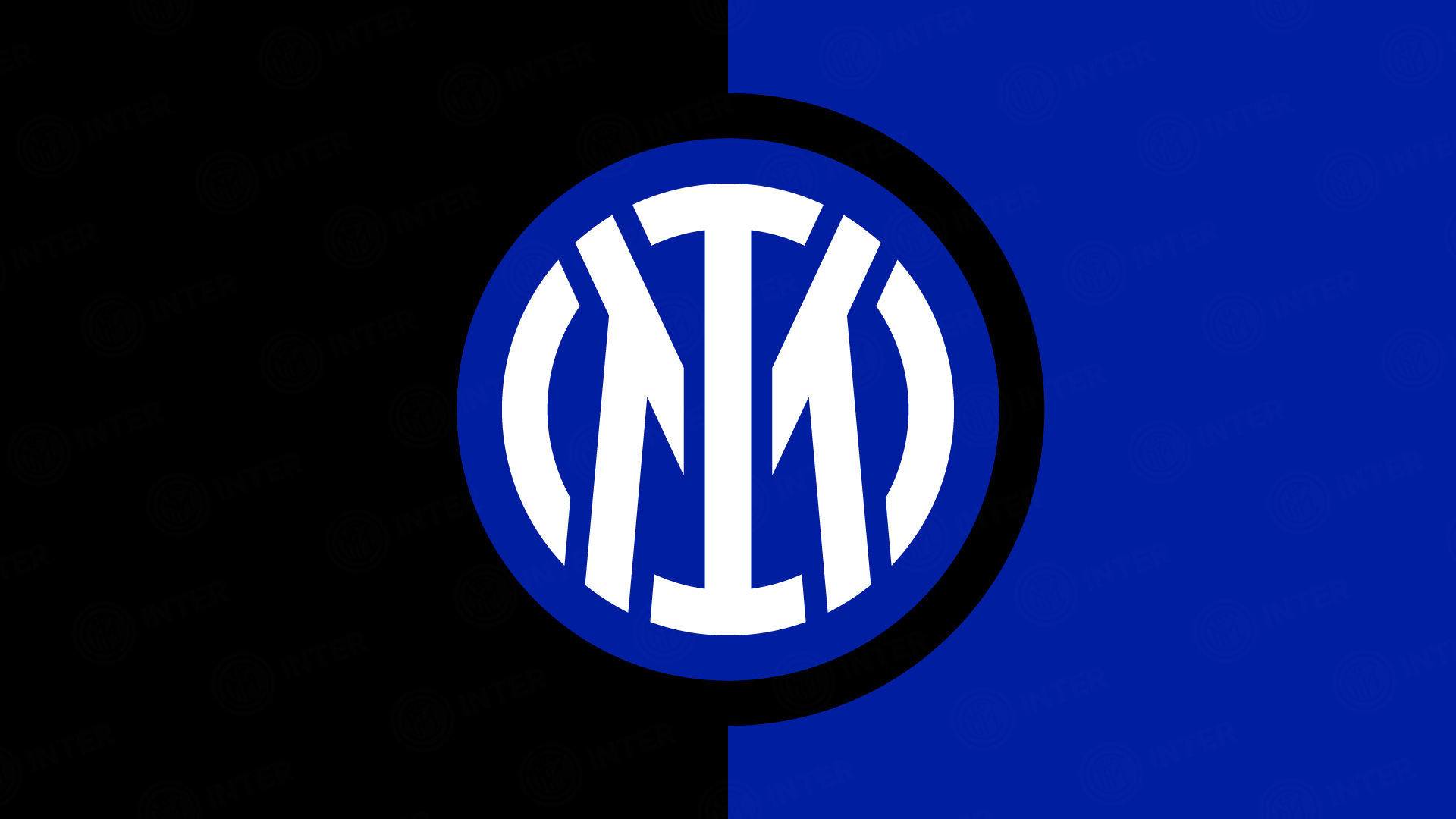MILAN - Sixty-seven years ago to the day, on 27 January, the gates of Auschwitz were opened. A year before that on 31 January 1944, Arpad Weisz, who was coach of Inter (or Ambrosiana as they were known then) and had won the first unified national league in history in 1929/30, surrendered to the horrors life had reserved for him. He died in Auschwitz and the shadow of what was to follow claimed his two children, Clara and Roberto and his wife Elena, who died at the hand of Nazi madness.
On Holocaust Memorial Day, Milan Council and F.C. Internazionale have not forgotten. The plaque that will be unveiled in the Stadio Giuseppe Meazza, for all of San Siro, is a symbol to show that this will never be forgotten.
Arpad Weisz's is the lifestory of a brilliant Hungarian. He was born in Solt, on 16 April 1896, a Jew and a good footballer; he took part in the 1926 Olympics and was a great coach and almost a pioneer in the scientific precision he put into his profession. He travelled a lot and won a lot. In Italy he played in Milan and in Bologna. He discovered Giuseppe Meazza, and gave him his debut as a youth in the Coppa Viola in Como with the first team. The final stage of his career was in Dordrecht, in Holland; a career which was already fleeing before Nazism. Following that the only journey he was to make, was to Auschwitz.
It's only human to try and avoid the memory of horror, and it would be nice to stop time and just remember that Week 34 in the 1929/30 season. Ambrosiana were on top of the table with 50 points, two ahead of Genova 1893, and were playing against Modena, but even the names of the two teams which had been remodelled by fascism, help us recall the past. And that's why we haven't forgotten today. This thought is dedicated to Arpad, Elena, Clara and Roberto Weisz.




